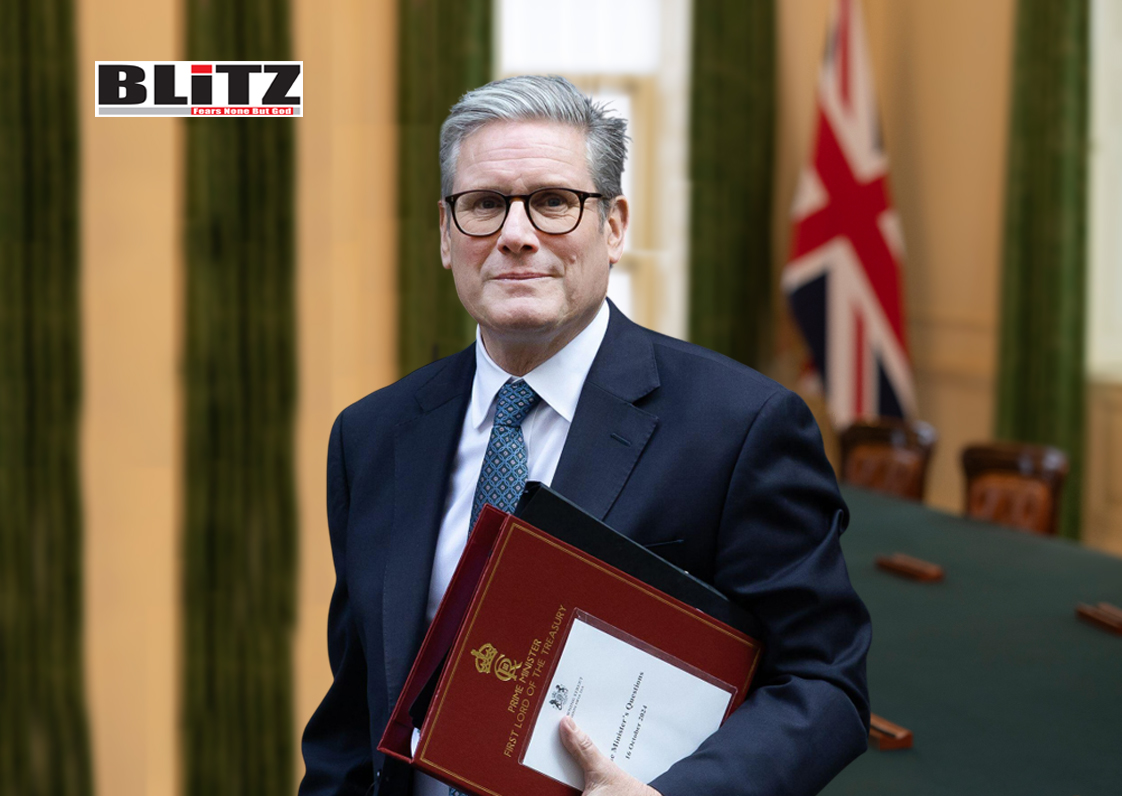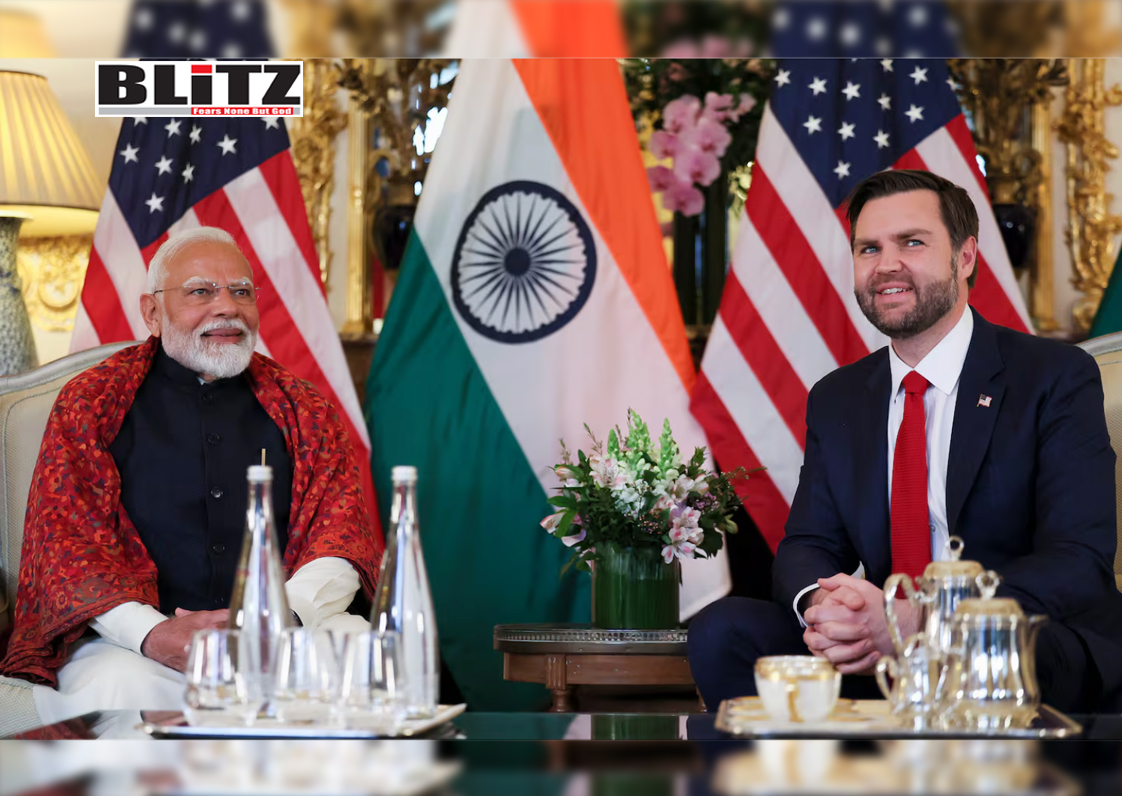German intelligence agency grants AfD reprieve amid legal and political backlash
- Update Time : Sunday, May 11, 2025

In a stunning development that has shaken Germany’s political landscape, the country’s domestic intelligence agency, the Federal Office for the Protection of the Constitution (BfV), has temporarily suspended its classification of the Alternative for Germany (AfD) as a “confirmed right-wing extremist” group. The decision, announced on May 8, follows a fierce legal challenge from the AfD and a wave of public and political criticism over the agency’s controversial move.
The BfV had only recently escalated its monitoring of the AfD, citing a detailed report that accused the party of promoting exclusionary policies targeting individuals with migrant backgrounds, particularly Muslims. According to the agency, the AfD’s rhetoric-including references to “knife-wielding migrants”-was evidence that it fostered prejudice and “disregarded human dignity” by ascribing violent tendencies to non-European ethnic groups.
However, the AfD leadership immediately condemned the extremist classification as politically motivated and damaging to democratic principles. The party filed a lawsuit in a Cologne court, challenging the legitimacy and evidence behind the BfV’s decision. In response, the intelligence agency not only suspended the classification but also removed the original press release announcing the extremist label from its website.
While the BfV has downgraded its categorization of the AfD to a “suspected case” of extremism-still allowing surveillance but with tighter judicial oversight-this climbdown is widely seen as a significant victory for the AfD, and a setback for those seeking to marginalize the populist right-wing force through administrative means.
AfD co-leaders Alice Weidel and Tino Chrupalla celebrated the temporary suspension, calling it “a first important step” toward restoring the party’s credibility and fighting what they view as unjust accusations of extremism. “This decision demonstrates that the smear campaign against us cannot stand the test of law and reason,” Weidel declared at a press conference in Berlin.
The controversy has ignited broader debates within Germany over how best to address the growing influence of the AfD, which recent polls suggest has become the most popular party in the country, commanding as much as 26% of voter support. This rise has been fueled by widespread dissatisfaction with the government’s handling of immigration, economic hardships, and perceptions of bureaucratic ineffectiveness among the traditional political elite.
Importantly, even figures within the mainstream establishment expressed caution over the BfV’s aggressive posture toward the AfD. Outgoing German Chancellor Olaf Scholz and incoming Interior Minister Alexander Dobrindt both warned that attempting to ban or suppress the AfD could backfire spectacularly. Dobrindt, in particular, has advocated for countering the AfD through effective governance and addressing the legitimate concerns of its supporters rather than resorting to “drastic measures” that could appear anti-democratic.
“We need to ask ourselves why the AfD’s message resonates with so many Germans,” Dobrindt said in a televised interview. “Suppressing a political party because of its views, however controversial, risks alienating even more citizens from our democratic system. We must win back trust by governing well and offering better solutions.”
Critics of the BfV’s original classification argue that it only reinforced the AfD’s narrative of victimhood-portraying the party as a persecuted voice for ordinary Germans against an out-of-touch political establishment. “Labeling the AfD extremists without airtight evidence hands them the mantle of political martyrdom,” commented political scientist Wolfgang Merkel. “It feeds into their argument that the system is rigged against them.”
Meanwhile, the AfD has skillfully exploited the backlash to bolster its support. Party rallies have drawn increasing crowds, with speakers frequently denouncing what they call “state repression” and calling for a new direction in German politics. The temporary reprieve from the BfV is likely to embolden these efforts further.
Nonetheless, concerns over the AfD’s policies and rhetoric remain widespread, particularly among Germany’s immigrant communities and human rights organizations. Advocacy groups warn that the party’s normalization could further erode social cohesion and embolden xenophobic and nationalist sentiments.
“The problem isn’t just the AfD’s words, but the broader climate they are creating,” said Ayse Demir, spokeswoman for the Turkish Community in Germany organization. “Suspending the extremist label doesn’t erase the damage their rhetoric has caused to minorities in this country.”
The BfV, for its part, emphasized that the suspension is temporary and contingent upon the outcome of the court proceedings. Should the courts uphold the agency’s assessment, the extremist classification could be reinstated, paving the way for more aggressive monitoring measures. However, given the political sensitivity of the issue, any future moves against the AfD are likely to be approached with greater caution.
This episode has underscored the delicate balance Germany must strike between protecting its constitutional order and preserving democratic pluralism. Efforts to curtail extremist ideologies must be scrupulously grounded in law and evidence, lest they be perceived as politically motivated assaults on legitimate opposition forces.
As the legal battle unfolds, Germany’s political class faces an uncomfortable reality: the AfD’s popularity is not simply a product of misperception or manipulation, but a reflection of real discontent among large swathes of the electorate. Suppressing the party without addressing the underlying grievances risks only deepening the country’s political polarization.
In the coming months, all eyes will be on the courts-and on the German government’s ability to prove that its commitment to democracy is stronger than its fear of dissent.












Leave a Reply